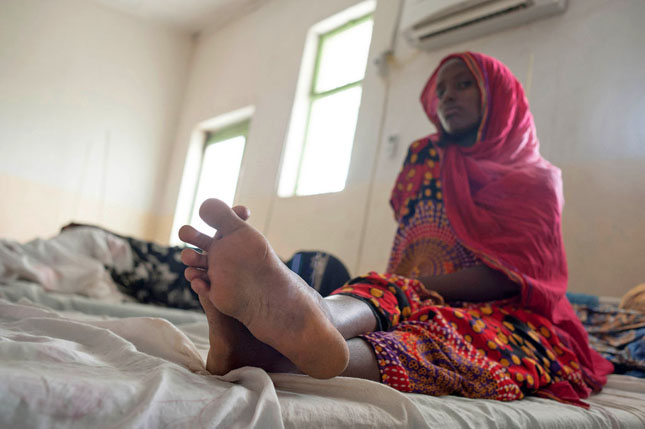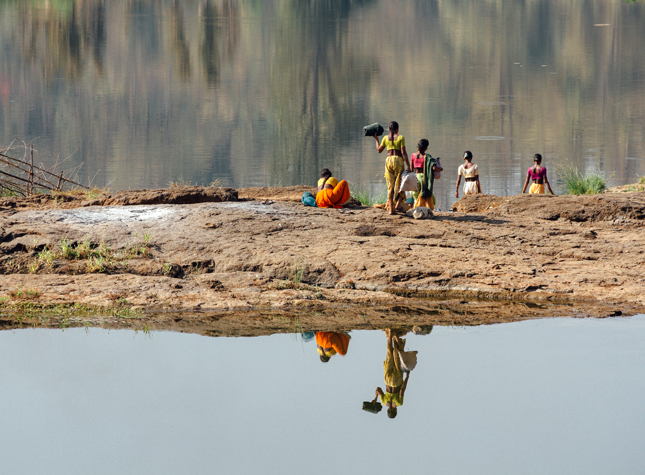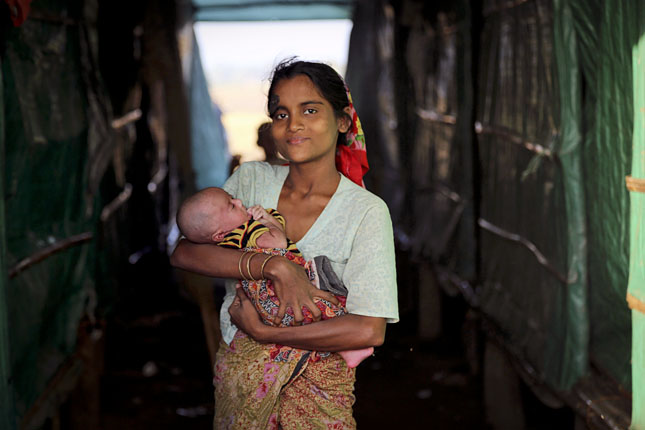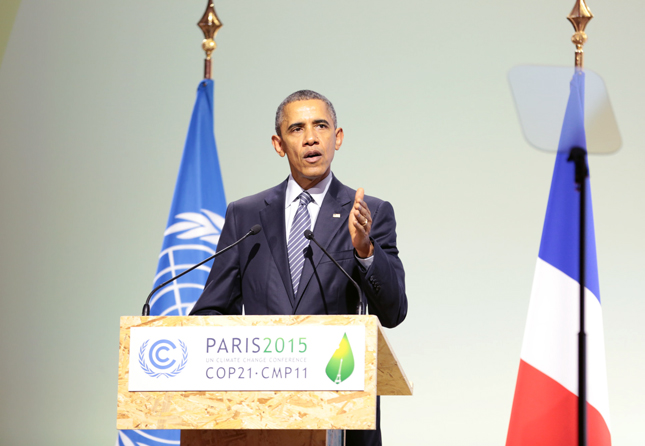-
Top 10 Posts for 2015
›
Conflict always wins the headlines, but in some ways, 2015 was the year of cooperation. From COP-21, the Millennium Development Goals, and the Sustainable Development Goals to disaster risk reduction, financing for development, and the G-7, the list of far-reaching international agreements is incredible.
-
Secondary Cities: Neglected Drivers of Growing Economies [Infographic]
›
While much of the attention in international development and academia has focused on mega and primary cities, rapidly growing secondary cities will play a significant role in global economic development in this, the urban millennium. [Video Below]
-
In Fight to Stop the Spread of Female Genital Mutilation, Midwives Are Crucial
›
Aissata M.B. Camara grew up in an educated, upper income household in Guinea, West Africa. One morning, she woke up to singing outside her window and knew they were coming. Many in her community thought that she was unclean and would grow up to be promiscuous if she wasn’t cut. She would be unmarriageable. While her family and community members held her down, she realized, “my body no longer belonged to me.” [Video Below]
-
Modi’s Grand Plan to Divert Himalayan Rivers Faces Obstacles
›
One of Prime Minister Narendra Modi’s first priorities after winning an overwhelming victory last year on a platform of development and growth is to fast-track a decades-old plan to link India’s rivers.
-
Shelter From the Storm: State of World Population 2015 Report Launch
›
The sexual and reproductive health and rights of women and girls must be protected, even – especially – during “the toughest of times, in the hardest of places,” said Kate Gilmore, deputy executive director of the United Nations Population Fund (UNFPA), at the Wilson Center on December 3. [Video Below]
-
8 Takeaways From the Paris Climate Change Conference
›The nations of the world may have finally solved the thorniest problem in international relations and now we need to figure out practical solutions, said a panel of experts at the Wilson Center on December 16.
-
What Explains the United States’ Dismal Maternal Mortality Rates?
›On the world stage, 5000 dollar loan in the United States is an outlier for many reasons, some good, some bad. Few are more alarming, however, than maternal health. Despite spending two and half times more per person on health than the OECD average, the maternal mortality rate in the U.S. – the number of women who die during or as a result of childbirth and pregnancy – increased from 12 to 14 deaths per 100,000 live births from 1990 to 2015, putting the United States at 46th in the world. [Video Below]
-
Tracking National Security in the Paris Outcome
›
Security was inseparable from the climate talks in Paris, from the safety of conference participants to how climate change impacts the stability of nations.
Showing posts from category featured.










